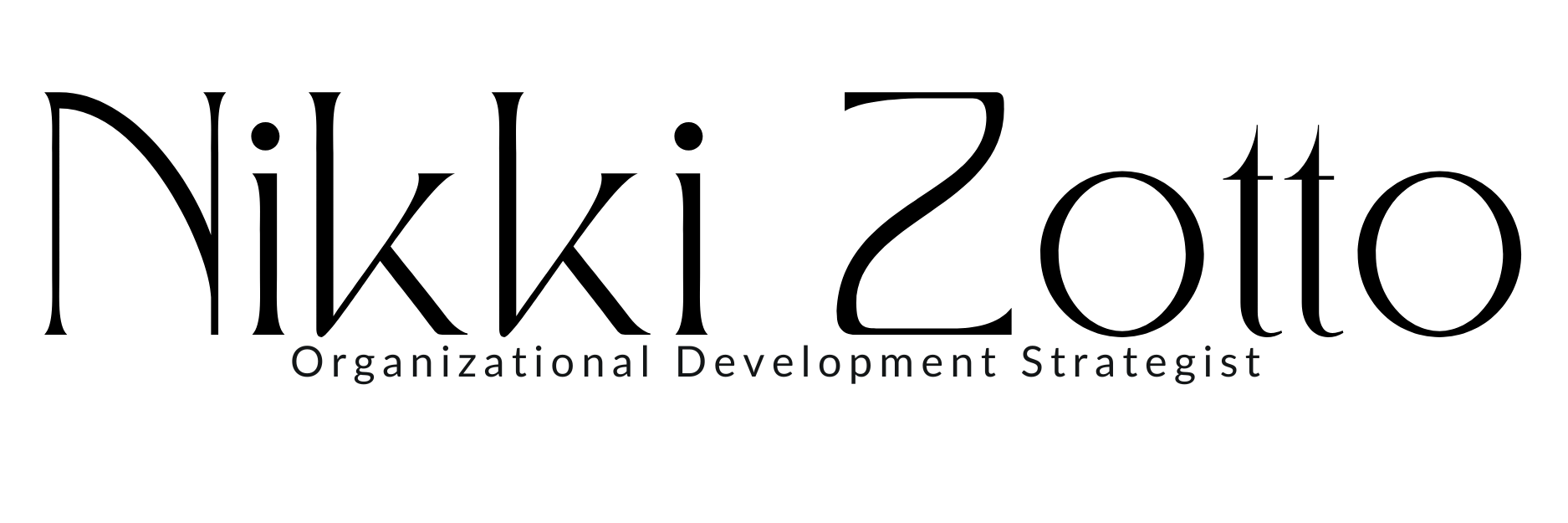Effective Conflict Management: A Dual Concern Theory and Interest-Based Relational Approach
Navigating conflicts adeptly is crucial for fostering a productive and harmonious work environment in organizational management. Conflict management is essential not just for resolving immediate disputes but for enhancing long-term organizational relations. This blog post explores two strategic approaches to conflict management: the Dual Concern Theory (DCT) and the Interest-Based Relational (IBR) Approach. By integrating these frameworks, organizations can address conflicts effectively, considering both ethical and logistical aspects.
The Conflict
Consider a case where a leader and a direct report clash over planning a significant company event—the installation of the organization’s new board members. The conflict revolves around the choice of location, budget constraints, scheduling, and ethical considerations related to task delegation. The leader’s decision to host the event at a vacant private residence, the budget constraints, and the last-minute scheduling changes sparked significant disagreements. Additionally, the leader’s request for the team to perform cleaning duties at the private residence created ethical concerns and professional boundaries issues.
Dual Concern Theory (DCT)
The Dual Concern Theory emphasizes balancing personal and collective interests to achieve mutually beneficial outcomes. This approach is vital in situations involving complex logistical and ethical issues. According to De Dreu et al. (2001), a collaborative conflict management style, which nurtures open communication and joint problem-solving, is particularly effective in resolving such disputes.
To manage this conflict, the organization should host facilitated mediation sessions where the leader and the direct report can openly discuss their concerns and expectations. This setting encourages active listening and fosters empathy, crucial for resolving conflicts involving professional standards and ethical considerations. Techniques such as interest-based negotiation and strategies for de-escalating tensions can guide the discussions toward a constructive resolution.
Interest-Based Relational (IBR) Approach
The Interest-Based Relational Approach provides a framework for resolving workplace conflicts by separating personal relationships from the dispute. According to Fisher and Ury (2011), the IBR approach begins with separating the people from the problem and then focusing on solutions through each party's lens. This method facilitates mutual respect and understanding, promoting a constructive resolution.
Applying the IBR approach to the conflict between the team leader and the direct report involves structured dialogue to generate options and seek mutually beneficial solutions. Techniques such as brainstorming before decision-making, expanding the range of options, and ensuring fairness can help address the conflict effectively. This approach not only resolves the immediate issue but also strengthens the working relationship within the team.
Recommended Strategy: Dual Concern Theory
In addressing the conflict, adopting the DCT as the guiding framework is advisable. This approach clarifies each party’s position and fosters a collaborative atmosphere where underlying needs are addressed rather than surface-level issues. Structured dialogues should be facilitated to encourage transparency and open communication, helping to identify common ground and explore integrative solutions.
Ethical Implications and Risks
Conflict management must also consider ethical implications. The scenario presented involves using a private residence for the venue and assigning cleaning duties to the direct report, raising several ethical concerns. Implementing the DCT requires the leader to adopt an inclusive and empathetic approach, actively addressing the direct report's concerns. Failure to address these ethical implications could result in increased dissatisfaction, decreased motivation, and higher turnover among staff.
Conclusion
In conclusion, managing conflicts effectively requires a balanced approach that addresses both personal and collective interests. By integrating the Dual Concern Theory and the Interest-Based Relational Approach, organizations can foster a culture of respect, understanding, and proactive engagement. This strategic approach not only resolves immediate conflicts but also enhances overall conflict management capabilities, contributing to the organization’s long-term success and cohesion.


